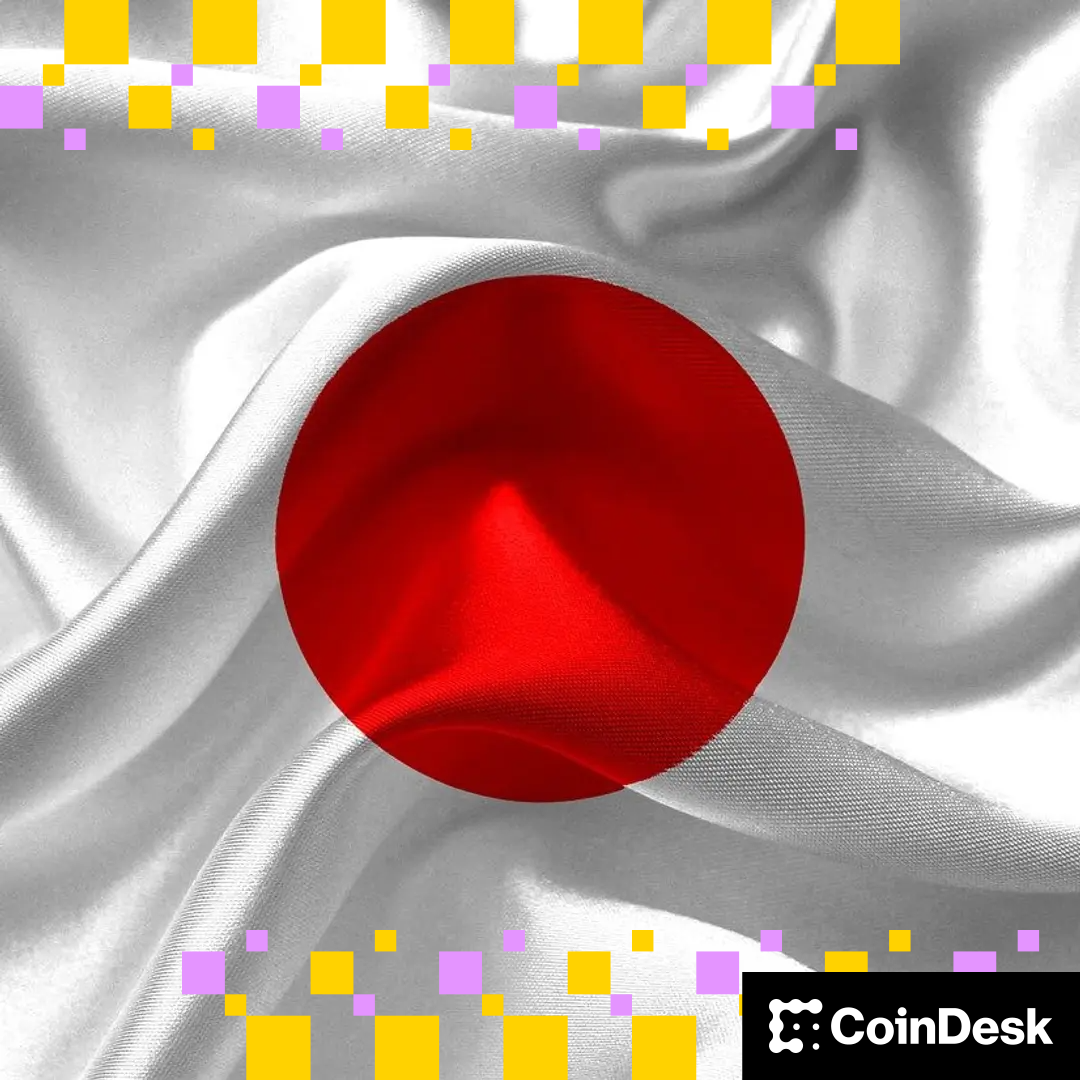
The Bank of Japan (BOJ) unsettled markets on Friday by stating its intention to unwind its $250 billion in exchange-traded funds (ETFs) and Japanese Real Estate Investment Trusts (JREITs), assets accumulated since 2010 as part of its ultra-loose monetary policy.
According to the plan, the central bank will divest ETFs with a book value of ¥330bn ($2.2 billion) each year, which is equivalent to ¥620bn ($4.2 billion) at market prices. BOJ Governor Kazuo Ueda emphasized that the pace would be intentionally gradual, indicating that it would take over a century to completely liquidate the holdings.
The announcement coincided with a decision to maintain the bank’s benchmark rate at 0.5%, decided by a 7-2 split vote. Uncertainty around the next rate decision, with two members advocating for an immediate increase, has heightened expectations for tightening in October. Japan’s core CPI increased to 2.7% in August, significantly above the BOJ’s 2% target.
The Nikkei dropped more than 1% on Friday, while Japan’s 10-year JGB rose to 1.64%. Cryptocurrency values decreased as well, with bitcoin falling back to just above $116,000 after nearing $118,000 just hours earlier.
This development unfolds against a precarious backdrop. As reported by CoinDesk, Japan’s debt-to-GDP ratio is close to 240%, with bond yields reaching multi-decade highs. Increasing borrowing costs could present a serious challenge to fiscal sustainability.

